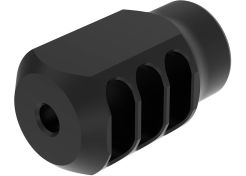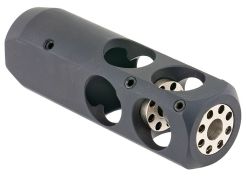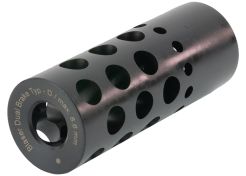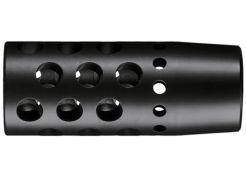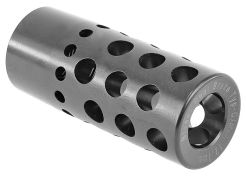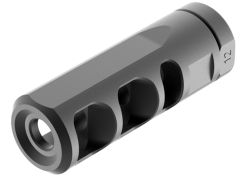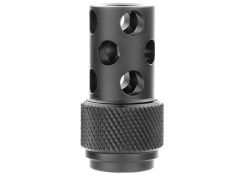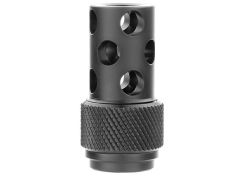What does a muzzle brake do?
A rifle muzzle brake will reduce the movement of your rifle in order to enhance accuracy. By attaching the device to the muzzle of the barrel, the pressure that comes out in front, is partially deflected sideways or even backwards. You could say it ‘blows’ against the barrel’s movement, to create more stability. This offers multiple advantages:
- Recoil is reduced
- The barrel gets stabilised (less sideways movement)
- Muzzle rise can be reduced
- Turbulences around the bullet are reduced
- Greater accuracy
- Bigger comfort for the shooter
Where a gun muzzle brake will mostly reduce recoil and stabilises the barrel, it can sometimes also minimalise muzzle rise. When it comes to airguns, there’s less need for reducing recoil and muzzle rise, but nevertheless, a muzzle brake will still be very useful as an air stripper. The bullet will fly through a series of baffles with holes marginally bigger than the calibre. This will strip the excess air that’s pushing the bullet away, before it tries to blow past the bullet when exiting the barrel. Doing this, will prevent turbulences around the bullet, enhancing accuracy. Of course, it will also reduce recoil.
Best muzzle brake
Which of the advantages above is most prominent, will depend on the design of the muzzle brake. We’ll divide the muzzle brake in three designs to explain:
- Radial perforation – A muzzle brake with a radial design is, simply said, a tube with holes spread evenly on all sides. This lets the pressure escape on all sides, not just the front of the barrel. It’s a cheap to manufacture design that certainly does reduce some recoil. If you’re shooting prone, please keep in mind that the holes at the underside can blow up dust.
- Straight port – A muzzle brake featuring straight ports has its baffles angled at 90 degrees. The pressure will push against these baffles, reducing the recoil. The air coming out from the sides stabilise the barrel. Sometimes, holes in the top are incorporated in the design. The pressure coming out of these, will reduce muzzle rise.
- Rear angles ports – This is actually a redevelopment of the straight port design. The pressure is now being redirected backwards, having a greater effect in reducing the recoil. Some variants feature a small angled deflector at the entrance of the ports, preventing the air from bouncing back into the main pressure flow. It’s best explained by envisioning it as a curved port, first angling forward and away, then angling backward. It acts as a parachute, catching the pressure and translating its force in a forward movement of the barrel, before blowing out the pressure to the rear, further reducing the recoil.
Attachment of a muzzle brake
Some muzzle brakes can be clamped around a barrel, but by far the most are screwed onto the barrel thread. Most popular threads are:
- M15x1 muzzle brake
- ½ UNF muzzle brake
- M14x1 muzzle brake
- M18x1 muzzle brake
Muzzle brake vs compensator
We often get asked what the difference is between a muzzle brake and a compensator. To explain that, you have to ask yourself the question ‘What is a muzzle brake?’. You’ll know by now, but for those that have skipped all that is written above: a muzzle brake is mainly developed for reducing recoil. And a compensator is specifically developed for reducing muzzle rise. What a compensator does, is simply pushing the muzzle downward, where muzzle rise tries to push it upward. In a perfect situation, nothing will happen. In the real world, the muzzle rise will be greatly reduced, minimising the barrel movement.
A muzzle brake and a compensator are often confused. Understandably so, as a muzzle brake actually also compensates something: recoil (recoil compensator). But, as you know now, there’s a big difference. What we often see, is that muzzle brakes often incorporate a compensator. You can easily spot this for yourself, as there will be holes or ports at the top.
Buying a muzzle brake
With the information above, it shouldn’t be too hard to find the best muzzle brake for your needs. However, we’d like to stress to pay good attention to the thread. In contrast to what many seem to think, an M15x1 muzzle brake won’t fit onto a ½ UNF thread and an M14x1 muzzle brake will never fit around an M18x1 thread.
And please keep in mind that a muzzle brake redirects the pressure and with that, it also redirects sound. When using a muzzle brake, the shooter will definitely hear a louder blast. For this reason, we’d recommend you to seriously think about hearing protection.







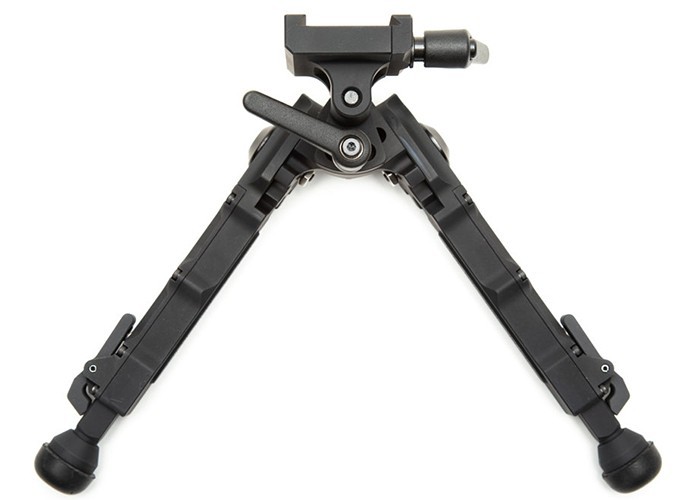
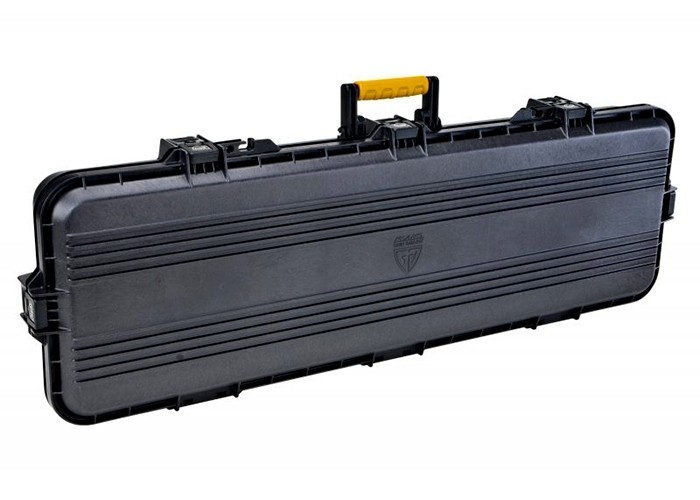
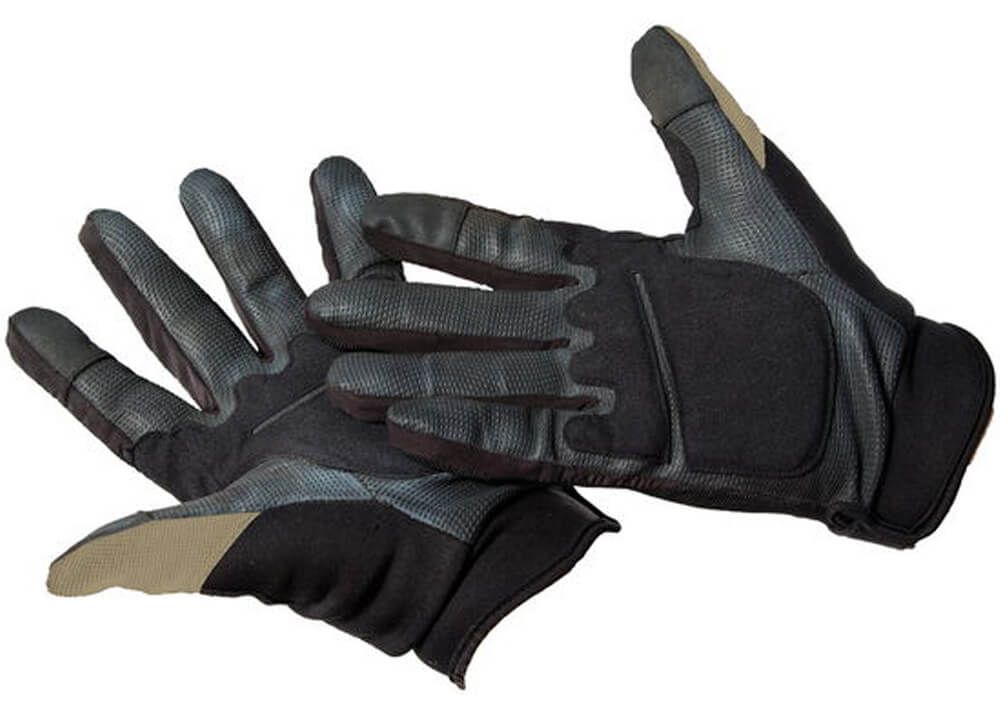
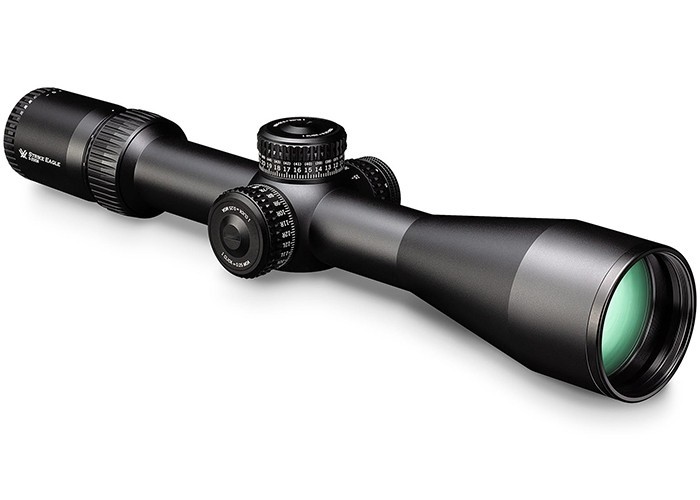
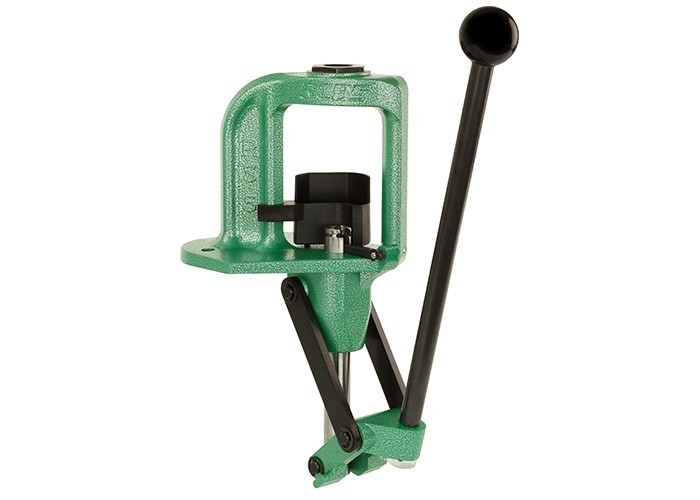
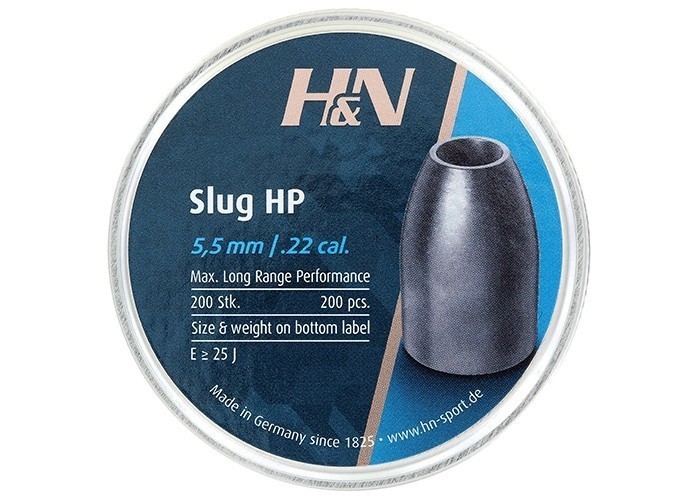
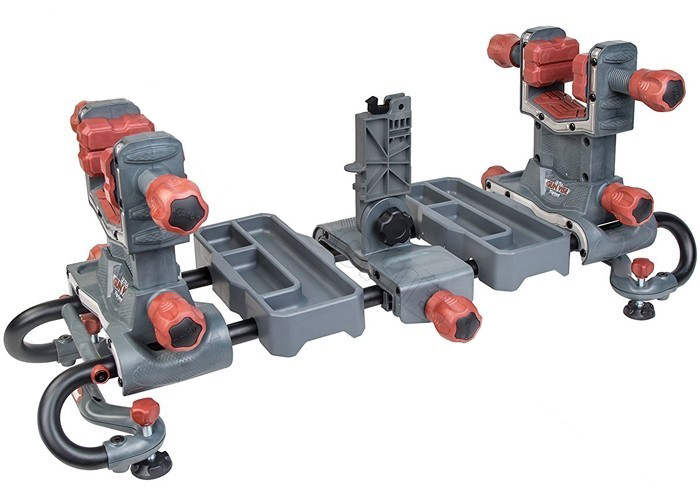
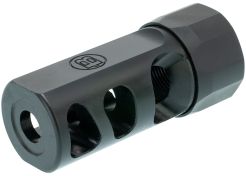

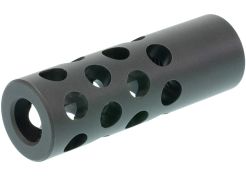
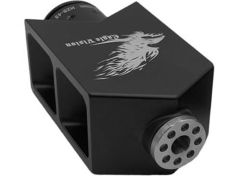
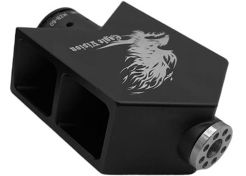
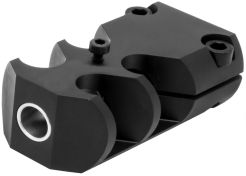
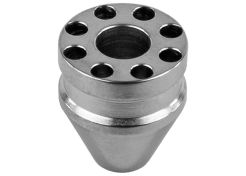
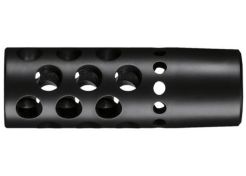
 Fast & secure delivery
Fast & secure delivery Secure shopping & payment
Secure shopping & payment Lots of expertise
Lots of expertise